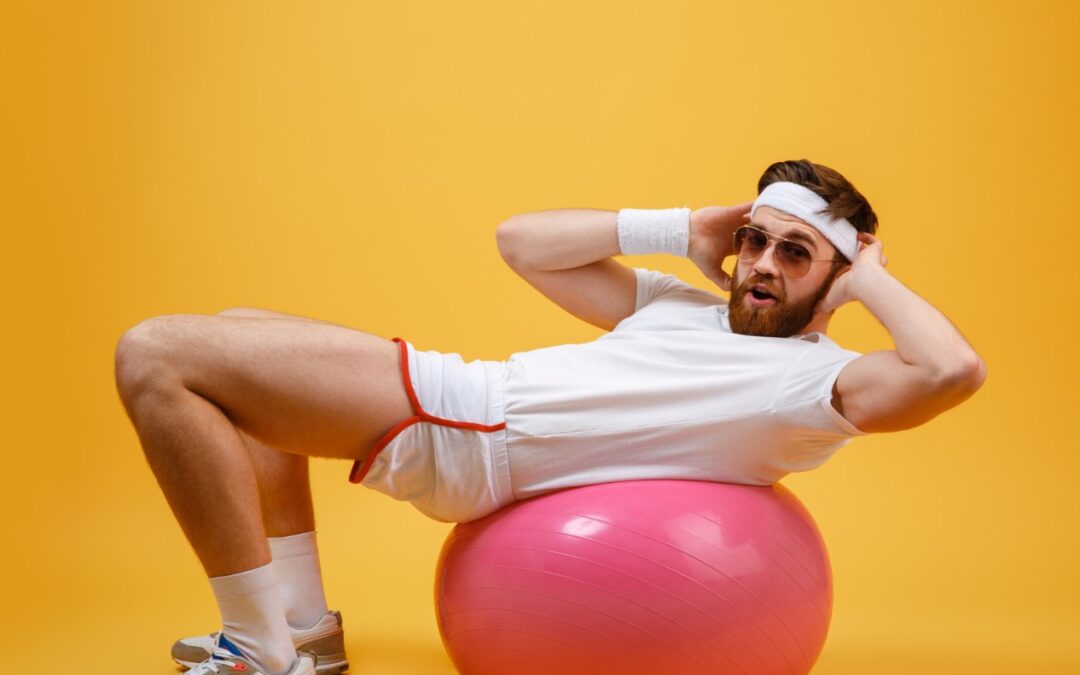The answer, with very few exceptions, is a big YES.
Unless you have been advised against exercise or need to rest for recuperation, then exercise is your friend. And that includes those on dialysis.
What do we mean by exercise? Well, that depends where you are currently exercise-wise.
If standing is an issue, then anything that gets the upper body moving would be a great start. Wheelchair pilates, light arm weights (or tins of beans). Or get some tunes on and get down to an upper body boogy.
If you currently amble slowly to the corner shop once a day, then it might be gradually increasing the speed and adding in an extra loop of the block.
Whatever you’re currently doing, could you do it more often or for longer?
If you’re struggling to think what to do, is there an exercise you enjoyed in the past? Was swimming your thing but your costume is now see-through at the rear and your goggles have been missing in action for years?
We’ll never make any changes unless we have a very strong reason for doing so. Plus, the changes need to be easy to achieve and something we look forward to. We all know what happens otherwise! There are so many reasons not to exercise. I’m well-practiced at it and here are some of my personal excuses:
- I’m tired after staring at my screen all day.
- It’s raining and I don’t have a very good waterproof.
- My knee feels a bit funny today. Perhaps I should rest it.
- …….
The problem is that, being told that something is good for us has never made a jot of difference. If that were the case, the most committed smoker would have quit smoking at first sight of the cancerous lung on the packets.
When we have a chronic disease, especially at the earlier stages, we often have no symptoms for much of the time and it is very hard to focus on and bother about what is happening on the inside. We might get a few niggles but we soon normalise them. There are so many other things demanding our attention.
So, if you suspect things could improve in the exercise department, it’s up to you to work out why being fitter, stronger, more flexible and steadier on your feet would improve your life.
Perhaps you’d feel more confident to leave the house and socialise without fear of falling or not keeping up? Could you do your job more efficiently? Might you sleep better if you were physically tired? Would the garden get some loving if you were more flexible and stronger? Would your personal relationships benefit if you could participate in activities? Would you just stand taller and feel more in control of your life?
Whether you have CKD or not, the evidence shows that being active protects our mental health and it’s even more powerful if we can do it outside and in nature.
It is my job, however, to arm you with the information to make informed decisions. So, here is the ‘Why exercise is good for CKD’ bit.
Firstly, since the 2 primary causes of CKD are high blood pressure and type 2 diabetes, anything we can do to keep these under control will protect our kidneys. Yes, exercise can do this.
A healthy heart and blood vessels mean that our kidneys are well-perfused with blood, vital for them to do their job. That means healthy cholesterol and triglyceride levels too. Yes, exercise helps here.
Exercise seems to have an overall anti-inflammatory effect and low-grade inflammation is present in CKD, even at earlier stages. Apart from the impact on our blood vessels, this also means that we experience more muscle loss.
CKD related bone disease is a slow burner and it seems that this can start to occur at earlier stages of disease than we once thought. Weight bearing movement prompts the essential re-modelling of our bone, helping to counteract this process.
If you’re on dialysis, did you know that exercise makes the treatment more efficient? That might mean fewer dietary restrictions and not feeling quite so shattered after a session.
If you’re waiting for that all-important transplant, wouldn’t you want to be in the best physical shape to receive that new lease of life?
Whether your motivation is more about how you function on a daily basis now or optimising your health in the future, I hope you can you see how a little more exercise might be worth considering.
What one thing could you do? Could you start tomorrow?
How might your life be better for it?

